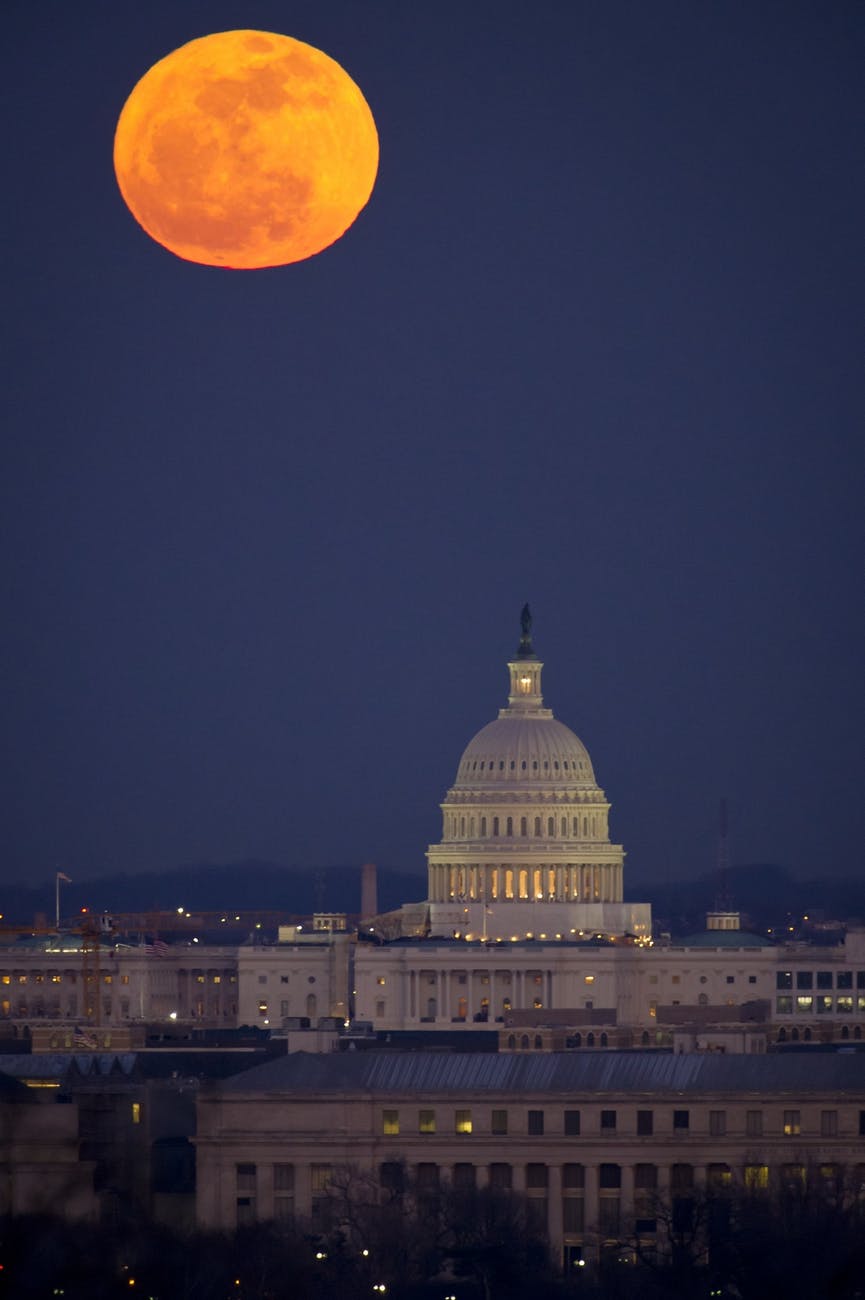If you’ve been following US Politics, you may have heard rumblings of a Green New Deal. My first encounter with the term was during the 2012 Presidential Election when Jill Stein noted the necessity of mobilizing the nation to combat climate change and improve the economy at the same time. Seven years later, the US has made little progress at the federal level in addressing climate change. The few exceptions to this are being contested by the Trump administration including CAFE standard improvements and the Clean Power Plan. With the IPCC’s October 2018 report saying we have 12 years to get our act together, it’s time to declare war on climate change.
For a very in-depth look at the Green New Deal, check out David Roberts’ piece at Vox. There are three main criteria for the GND as outlined by Representative-elect Alexandria Ocasio-Cortez and reiterated by Sunrise Movement on Twitter:
2020 contenders are already trying to line up behind a #GreenNewDeal.
But, the Q is, do they support 3 key pillars of it?
✅ 100% clean energy by 2030
✅ Invest in communities on the frontlines of poverty & pollution
✅ Guarantee a good job to anyone ready to make this happen https://t.co/ayuiAv17Bi— Sunrise Movement 🌅 (@sunrisemvmt) January 2, 2019
As a solarpunk, it’s hard to argue with the goals of the Green New Deal. As a pragmatist, it’s hard to see much happening in the current political climate in regards to real climate action at the scale of the Green New Deal. It isn’t all gloom and doom though, as there does seem to be a glimmer of hope for the two biggest policy changes that I think will bring us closer to a solarpunk future: a price on carbon, and term limits for Congress.

Photo by Pixabay on Pexels.com
Pricing Carbon
As Sara E. Murphy points out in her piece at Green Biz, while the Green New Deal is the attention-getting piece of legislation, we’re likely to see significant push-back from the Republicans in Congress. A carbon tax or cap-and-trade scheme is starting to see some traction on both sides of the aisle, however, such as the Energy Innovation and Carbon Dividend Act of 2018 with it’s mix of Republican and Democratic sponsors. Putting a price on carbon is the most straightforward way to get the private sector reducing emissions of carbon dioxide here in the US. Even many Libertarians see the logic in accounting for externalities, particularly when they impact people’s rights to the commons of the atmosphere.
While the federal government in the US has fallen behind in climate leadership, California has already enacted a cap-and-trade system for carbon dioxide emissions, and there are many state and local initiatives working to stay on track with emissions targets set by the 2015 Paris Agreement. One that is particularly exciting is the United States Climate Alliance, which will be adding even more members following the 2018 midterm elections.
Term limits for US Congress
Why am I including a possible Amendment to the US Constitution as something to help us reach a solarpunk future? This video from Term Limits for US Congress is a more detailed answer, but the long and short of it is that Congress no longer represents the people. With some recent polls showing that even the majority of Republicans support environmental protection and climate action, it’s increasingly clear that the old guard on Capitol Hill is out of touch with the majority of Americans. The newest members of Congress are a closer match to the actual demographics of the country, but we still have a long way to go to having true representation in DC.

Photo by Pixabay on Pexels.com
There are two mechanisms for passing a Constitutional Amendment in the United States. The first requires both the House and the Senate to approve the Amendment by a supermajority, at which point the Amendment must be ratified by 38 of the 50 states. Senator Ted Cruz has proposed a Constitutional Amendment that would limit Senators to two terms and Representatives to three terms, but getting career politicians on The Hill to fire themselves seems like a tough sell.
The second way to pass an Amendment, as laid out in Article 5 of the US Constitution, is for 34 states to call for a convention regarding a specific topic where they hammer out the proposed Amendment. Once ratified by 38 of the 50 states, it becomes part of the Constitution just like any of the other Amendments that have been enacted.
My wish list for 2019 would be that we get a price on carbon and term limits for Congress. It might be a tall order, but solarpunks are an optimistic lot, so there is still hope in the face of the strong institutional opposition to climate action.
Do you have any thoughts on what legislative pressure points might be best for affecting climate action in your area? Sound off below!


